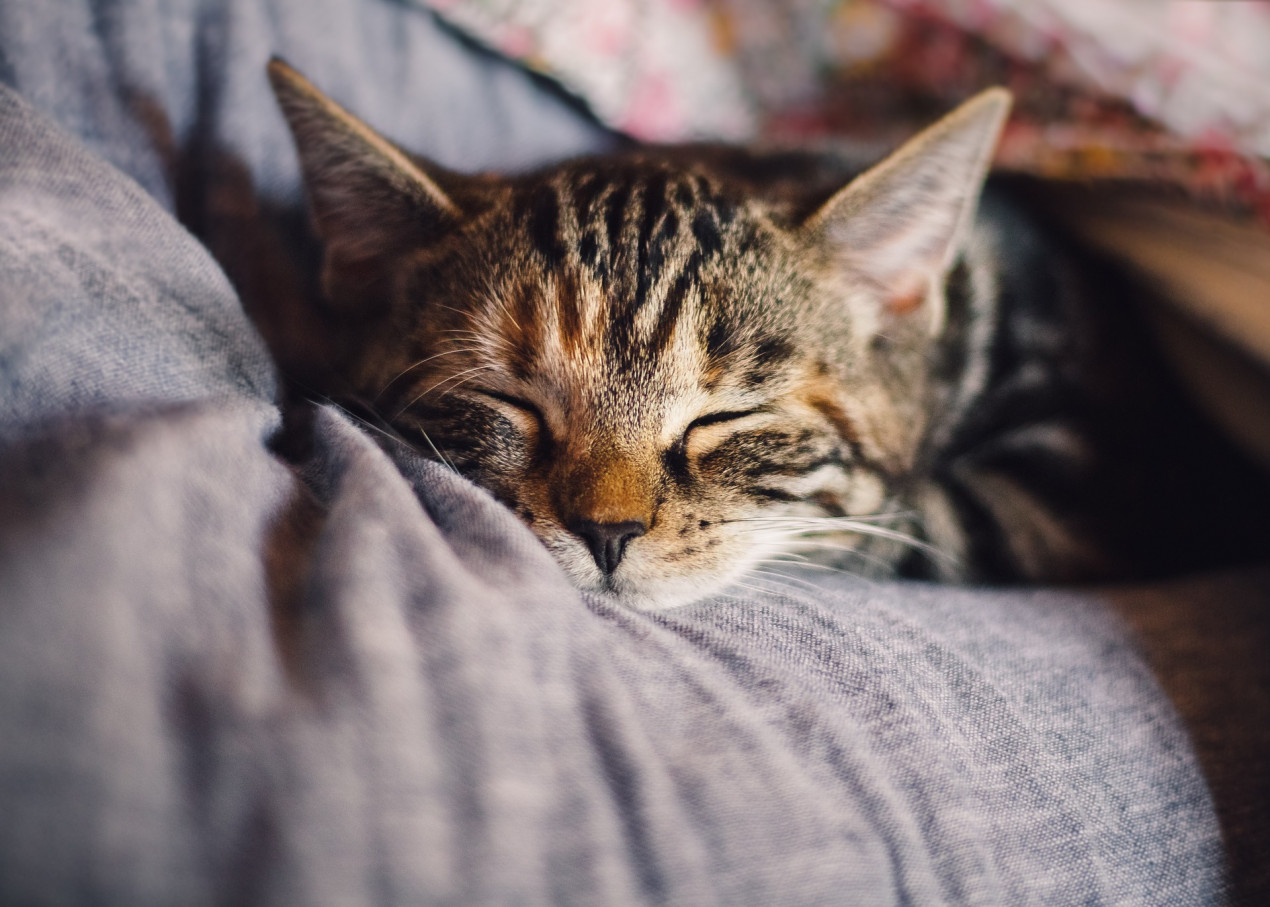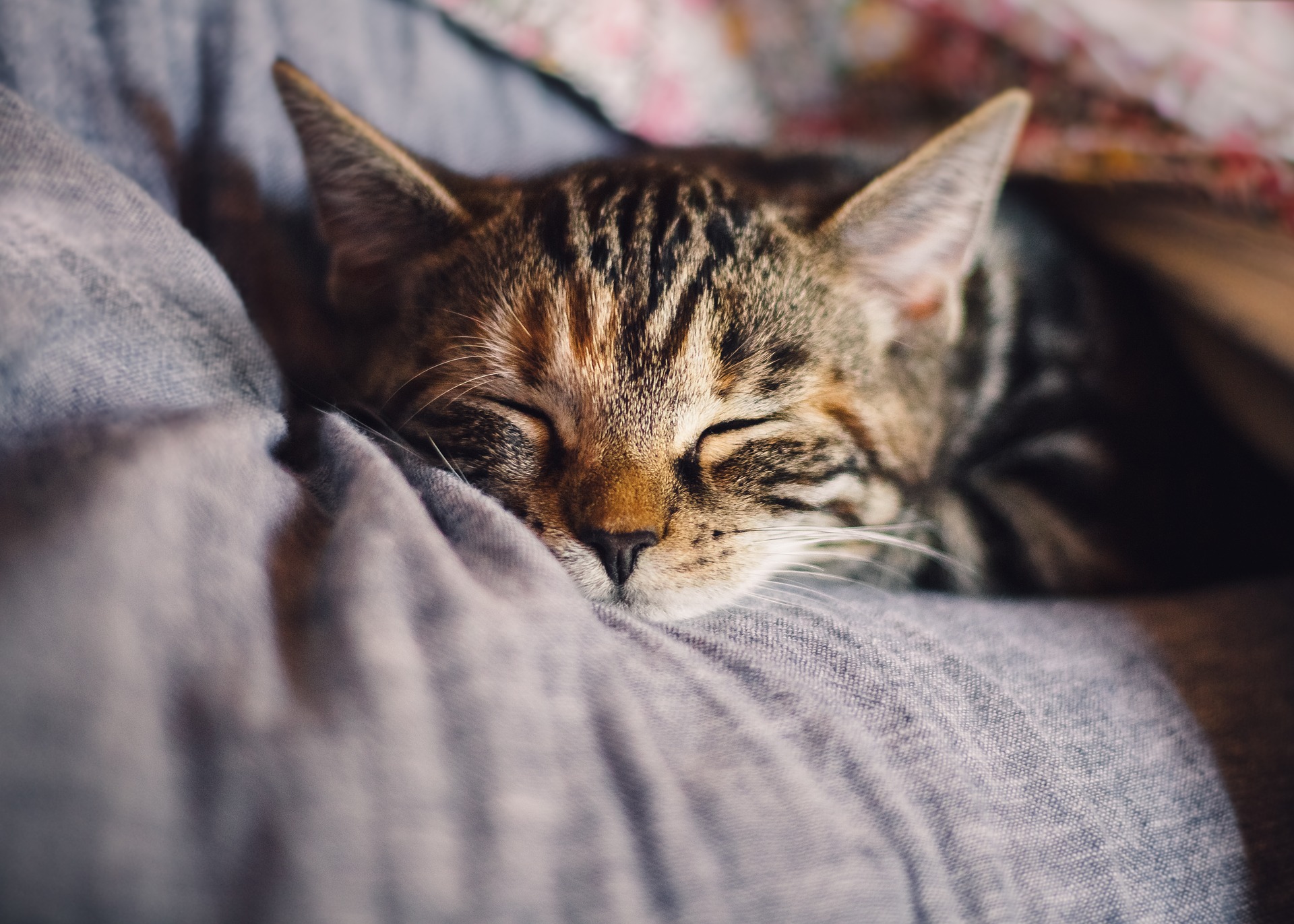
Why should I check for cat eye problems?
Eyes are delicate structures and even minor injuries can develop into more serious problems if left untreated. If you notice any change in cat eye health it is worth getting them checked to be on the safe side. Contact your local vet or out of hours, your nearest Vets Now for advice.

What are the signs of cat eye problems?
When checking cat eye health look out for:
- Eye discharge, which can be watery, yellow, green, crusty
- Swollen eyes or conjunctivitis (inflammation of the inner lining of the eyelids)
- Clouding of the cornea
- Cuts or tears to the eyelid
- Raised third eyelid (nictitating membrane)
- Your cat keeping the eye partially or completely closed
- In severe cases, the eye may come out of its socket (prolapse)
Immediate care for cat eye problems
- Gently wipe away eye discharge using cotton soaked with warm water
- If the eye is out of its socket (prolapsed eye), keep it moist with saline solution and cover it with a damp cloth
- If there is active bleeding from the eye or eyelid, cover the area with a non-stick pad and hold it in place by hand or with bandage tape until your cat can be seen by your vet
How will my vet treat cat eye problems?
Your vet will give your cat an overall examination and then examine their cat eye health in detail. This may involve the use of an ophthalmoscope for a close look at all the eye, fluorescein stain (an orange dye) to check for damage to the surface of the eye and tonometer to check eye pressure.
Your vet should be able to treat most eye problems but more difficult cases may require a Specialist (veterinary ophthalmologist) for diagnosis and/or treatment.
How can I prevent cat eye problems?
Fights and accidents, the most common sources of eye injury, cannot be entirely prevented, but keeping your cat indoors will greatly decrease the risk.

